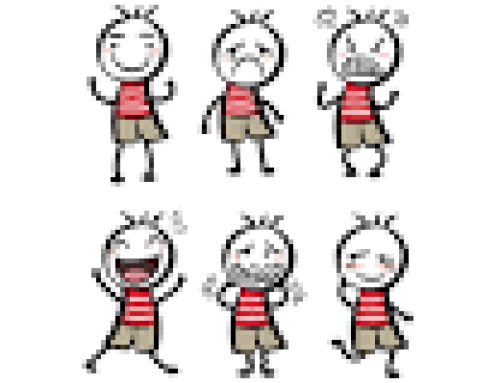Author: Lea Zweig, Psy.D.
 In May of 2013, the Diagnostic and Statistical Manual-Fifth Edition (DSM-5) was released, which is the most current version of the manual that specifies diagnostic criteria for various mental health diagnoses. In the DSM-5, the diagnoses previously designated as Asperger’s Disorder, Autistic Disorder, and Pervasive Developmental Disorder, Not Otherwise Specified (PDD-NOS) were all combined into one overarching diagnosis called Autism Spectrum Disorder. According to Autism Speaks, 83 percent of children who received a diagnosis of autistic disorder under the DSM-IV would receive a diagnosis of Autism Spectrum Disorder under the DSM-5. The remaining 14 percent will be diagnosed under a different diagnostic category known as social communication disorder (SCD).
In May of 2013, the Diagnostic and Statistical Manual-Fifth Edition (DSM-5) was released, which is the most current version of the manual that specifies diagnostic criteria for various mental health diagnoses. In the DSM-5, the diagnoses previously designated as Asperger’s Disorder, Autistic Disorder, and Pervasive Developmental Disorder, Not Otherwise Specified (PDD-NOS) were all combined into one overarching diagnosis called Autism Spectrum Disorder. According to Autism Speaks, 83 percent of children who received a diagnosis of autistic disorder under the DSM-IV would receive a diagnosis of Autism Spectrum Disorder under the DSM-5. The remaining 14 percent will be diagnosed under a different diagnostic category known as social communication disorder (SCD).
What is autism spectrum disorder? There are two groups of symptoms: 1) deficits in social communication and social interaction; and 2) restricted or repetitive behaviors, interests, or activities. In order to be diagnosed with autism spectrum disorder, an individual must exhibit symptoms from both groups. Deficits in social communication and social interaction may appear as failure to engage in back and forth conversation, difficulty understanding social cues, and difficulty developing and maintaining relationships. Examples of restricted or repetitive behaviors might be lining up or organizing toys, rocking or patterned body movements, and fixated interests.
If you have a friend or family member who you believe possesses some of the characteristics associated with an autism spectrum disorder, contact a psychologist who specializes in autism evaluations for guidance and assistance. If you have a friend or family member who has already been diagnosed with an autism spectrum disorder, early intervention is recommended, so it is best that you reach out to a specialist as soon as possible. For children, it is best to contact a child psychologist or family therapist who specializes in autism spectrum disorders. For adults, you may reach out to a clinical psychologist or therapist who specializes in autism spectrum disorders for more information and guidance.





Leave A Comment